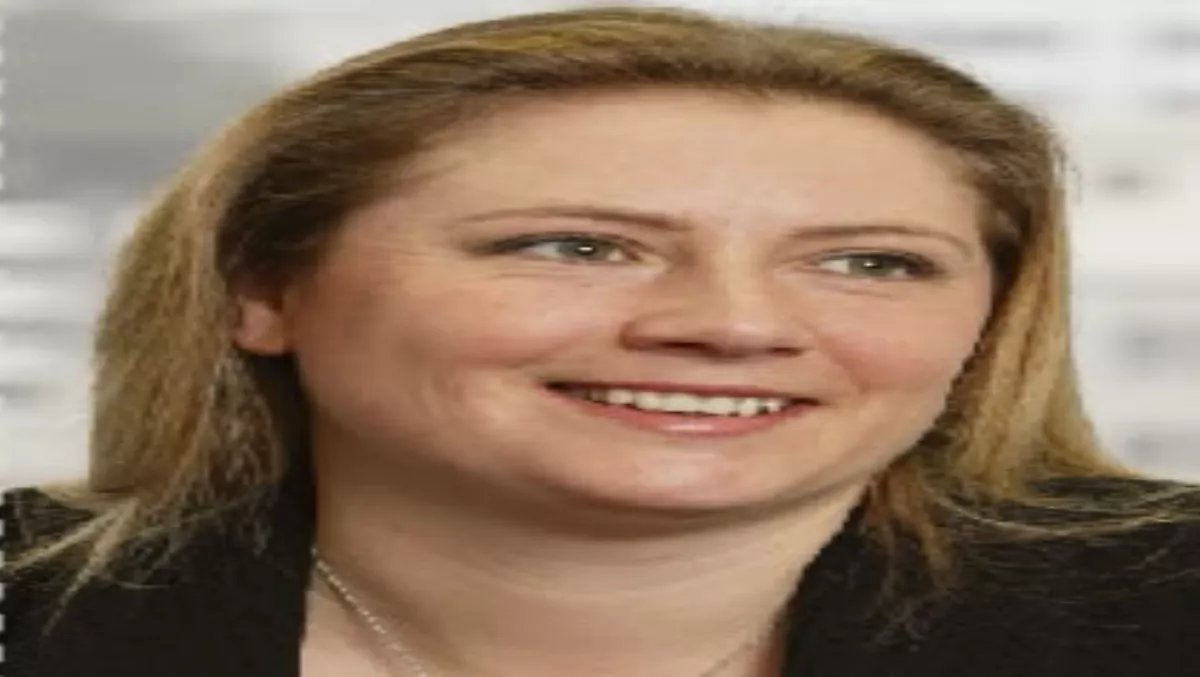
GeekGirl on silver linings
Karen Monks talks about cloud computing, in-house data systems and everything in between.Do businesses really need data centers when you can outsource to the cloud? If I was an in-house data center, in these economic times, I would feel a little nervous about my role at the moment. Performance would be under tight scrutiny in comparison to the wonders being promised through cloud computing. In-house data centers will still have a key role to play during the next 18 months, and this will give businesses time to develop plans to move data and applications to cloud-based services.But there is work to be done before in-house data centers are in order. Cloud computing is not a case of if, but when. At the moment a lot of companies are reducing full-time employees in favour of contractors. The same can be said for data centers: by reducing in-house centres for pay- as-you-go, cloud computing means you can swap your costs to OPEX.This does not mean you could, or should, trust all your data to the cloud right now. We are still in the very early stages of what is a cloud computing revolution. According to Gartner, falling for the hype now will only lead to disillusionment. We are yet to go through the plethora of start-ups, market acquisitions and market shakedowns to come out the other side with standard offerings. Don’t get me wrong; I am a cloud aficionado, and I think IT should be like any other pay-as-you-go utility.Let’s look at the steps you need to take to start your data revolution. The first step is decoupling, the second is hosting and the third is transitioning. If you are already considering cloud computing as an option, you need to make sure your data center is in order. Decoupling is the process of using service oriented architecture (SOA) principles to separate applications from infrastructure. SOA is all about re-use, making services available to all sorts of applications, and small modules that can be used over without building the same service into several different silos. This is your first step towards placing your data in the cloud.The first step towards decoupling is achieved through virtualisation. It’s not about a single server, but about a virtualised environment. Virtualisation in your data center means that you then have the flexibility to move from hosting it yourself, to step two, where you can place it in a hosted environment, to eventually step three, where you can transition it to the cloud.I would expect businesses to be running models in years to come where some of the data and applications are in-house, some are in locally outsourced data centers and some are in centres overseas. Businesses don’t need to have 'all or nothing' solutions; New Zealand data centers will remain great providers for important data and services. During step three, you will be ready to place your data in the cloud. One of the most important things to consider when moving from infrastructure to 'as a service' is to make sure you don’t fall for the cheapest deal going. At the moment these 'as a service' clouds are all separate; there is no magical layer that controls everything. I’m talking about convergence, and you are going to see big ICT providers becoming cloud brokers, managing partnerships with the big players and ensuring you have continuity across all these different forms of services. After following steps one to three, the next most important thing you can do, is stocktaking your systems for managing identity and security.Karen Monks:Karen Monks is a technology strategist with 10 years' ICT experience. She is passionate about emerging and breakthrough technologies and their possibilities. Monks is currently consulting on cloud computing, green IT, social media, innovation management and enterprise collaboration. She balances her Internet addiction through a sustainable lifestyle in the Wairarapa. Monks has a blog, GeekGirl, and can be found at twitter.com/Rdiva.
Phone: +64 272 734 553Email: karen@karenmonks.co.nzWeb: www.geekgirl.co.nz

